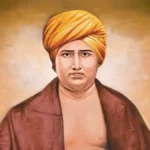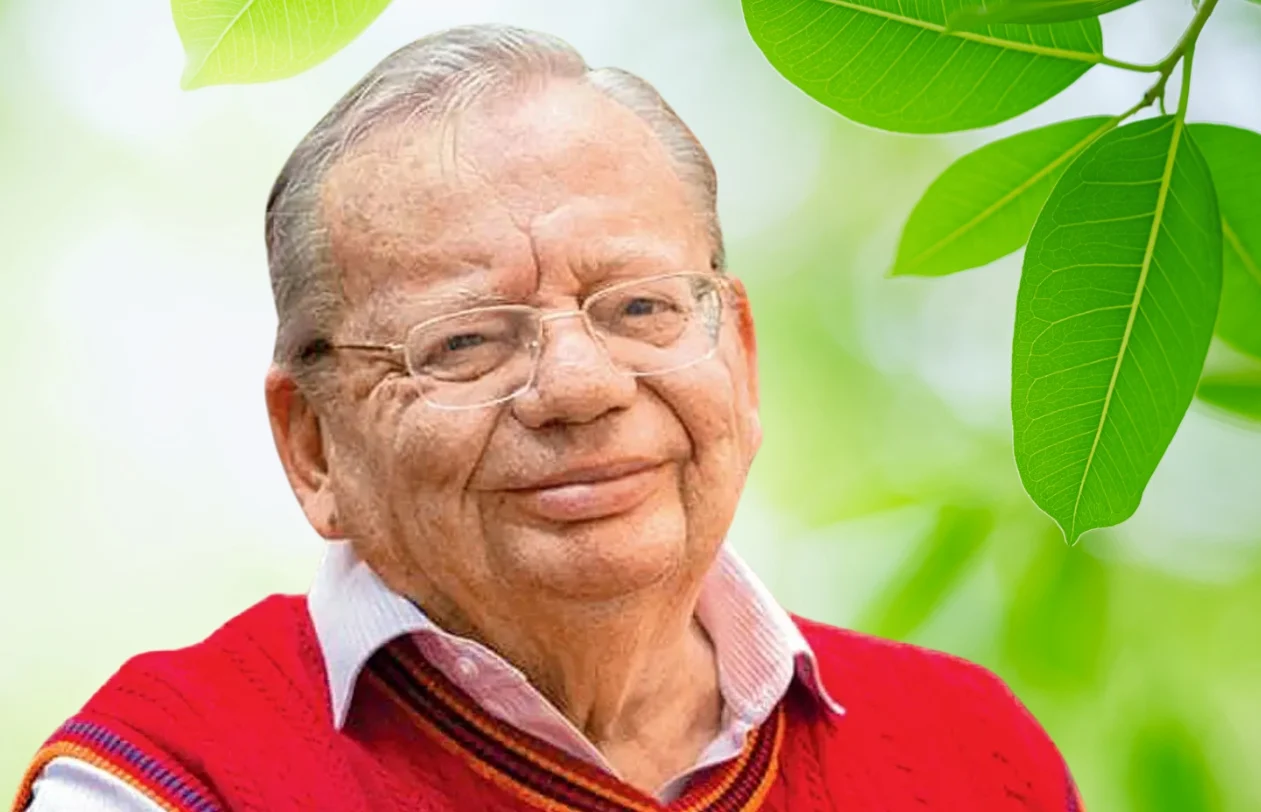Ruskin Bond Wins Sahitya Akademi Fellowship | Books & Achievements
Renowned author Ruskin Bond has been honored with the prestigious Sahitya Akademi Fellowship, the highest literary accolade bestowed by India’s National Academy of Letters, the Sahitya Akademi. Due to health considerations, the award was personally presented to Bond at his residence in Mussoorie by Sahitya Akademi President Madhav Kaushik and Secretary K. Sreenivasarao, with his son in attendance.
A Prolific Literary Journey
Born on May 19, 1934, in Kasauli, Himachal Pradesh, Ruskin Bond’s literary career spans over five decades. His extensive body of work encompasses various genres, including short stories, novels, autobiographies, non-fiction, romance, and children’s literature. Among his most celebrated works are “Vagrants in the Valley,” “Once Upon a Monsoon Time,” “Angry River,” “Strangers in the Night,” “All Roads Lead to Ganga,” “Tales of Fosterganj,” “Leopard on the Mountain,” and “Too Much Trouble.” Notably, his historical novel “A Flight of Pigeons,” set during the Indian Rebellion of 1857, was adapted into the 1978 Hindi film “Junoon.”
Literary Impact and Accolades
Ruskin Bond’s contributions have significantly influenced Indian literature. His stories have been adapted into television serials, such as “Ek Tha Rusty” on Doordarshan, bringing his narratives to a broader audience. Several of his works, including “The Night Train at Deoli,” “Time Stops at Shamli,” and “Our Trees Still Grow in Dehra,” have been incorporated into Indian school curricula, enriching educational content. His children’s novel “The Blue Umbrella” was adapted into a film in 2005, further showcasing his versatility as a writer. Bond’s literary excellence has been recognized with numerous awards, including the Padma Shri in 1999, the Padma Bhushan in 2014, and the Sahitya Akademi Award in 1992 for “Our Trees Still Grow in Dehra.”
Celebrating a Literary Icon
The conferment of the Sahitya Akademi Fellowship is a testament to Ruskin Bond’s enduring legacy and his profound impact on Indian literature. At 89, this honor serves as a crowning achievement, acknowledging his lifelong dedication to storytelling and his ability to captivate readers across generations. As India celebrates this literary stalwart, Bond’s timeless works continue to inspire and enchant, solidifying his place as one of the nation’s most beloved authors.

Why This News is Important
The awarding of the Sahitya Akademi Fellowship to Ruskin Bond holds significant importance for several reasons.
Recognition of Literary Excellence
The Sahitya Akademi Fellowship is the highest literary honor in India, reserved for the “Immortals of Indian Literature.” Bestowing this accolade upon Ruskin Bond underscores his exceptional contributions to Indian literature over the past five decades. It highlights the impact of his storytelling on readers and the literary community.
Inspiration for Aspiring Writers
Ruskin Bond’s journey from a young writer to a celebrated author serves as an inspiration for aspiring writers, especially those preparing for competitive exams in literature and related fields. His dedication to the craft and ability to connect with readers across generations exemplify the qualities of a successful literary career.
Cultural and Educational Impact
Bond’s works have been integral to Indian culture and education, with several stories included in school curricula. His recognition by the Sahitya Akademi reinforces the value of incorporating quality literature into educational systems, enriching students’ learning experiences.
Historical Context
The Sahitya Akademi Fellowship, established in 1968, is the highest honor conferred by the Sahitya Akademi, India’s National Academy of Letters. It recognizes distinguished writers for their outstanding contributions to literature. The fellowship is limited to 21 living recipients at any given time, emphasizing its exclusivity and prestige. Over the years, it has been awarded to literary luminaries who have significantly influenced Indian literature.
Ruskin Bond’s association with the Sahitya Akademi is longstanding. In 1992, he received the Sahitya Akademi Award for his book “Our Trees Still Grow in Dehra,” recognizing his excellence in English literature. His recent conferment of the fellowship marks a culmination of his enduring relationship with the literary institution and acknowledges his lifelong dedication to enriching Indian literature.
Key Takeaways from Ruskin Bond’s Sahitya Akademi Fellowship Award
| S.No. | Key Takeaway |
|---|---|
| 1 | Ruskin Bond has been awarded the Sahitya Akademi Fellowship, India’s highest literary honor. |
| 2 | The fellowship is limited to 21 living recipients, highlighting its exclusivity. |
| 3 | Bond’s literary career spans over five decades, encompassing various genres. |
| 4 | His works have been adapted into films and included in educational curricula. |
| 5 | Previous accolades include the Padma Shri (1999) and Padma Bhushan (2014). |
Important FAQs for Students from this News
Q1: What is the Sahitya Akademi Fellowship?
A1: The Sahitya Akademi Fellowship is the highest literary honor conferred by India’s National Academy of Letters, recognizing outstanding contributions to Indian literature. It is limited to 21 living fellows at any given time.
Q2: Which notable works by Ruskin Bond have been adapted into films?
A2: Ruskin Bond’s novel “A Flight of Pigeons” was adapted into the 1978 Hindi film “Junoon,” and his children’s story “The Blue Umbrella” was made into a film in 2005
Q3: When did Ruskin Bond receive the Sahitya Akademi Award before the Fellowship?
A3: Ruskin Bond received the Sahitya Akademi Award in 1992 for his book Our Trees Still Grow in Dehra in the English language category.
Q4: What are some of Ruskin Bond’s most famous books?
A4: Some of Ruskin Bond’s most famous books include The Room on the Roof, The Blue Umbrella, Rusty, the Boy from the Hills, The Night Train at Deoli, and A Flight of Pigeons.
Q5: What other prestigious awards has Ruskin Bond received?
A5: Apart from the Sahitya Akademi Fellowship, Ruskin Bond has received the Padma Shri (1999) and Padma Bhushan (2014) for his contributions to literature.
Some Important Current Affairs Links

















